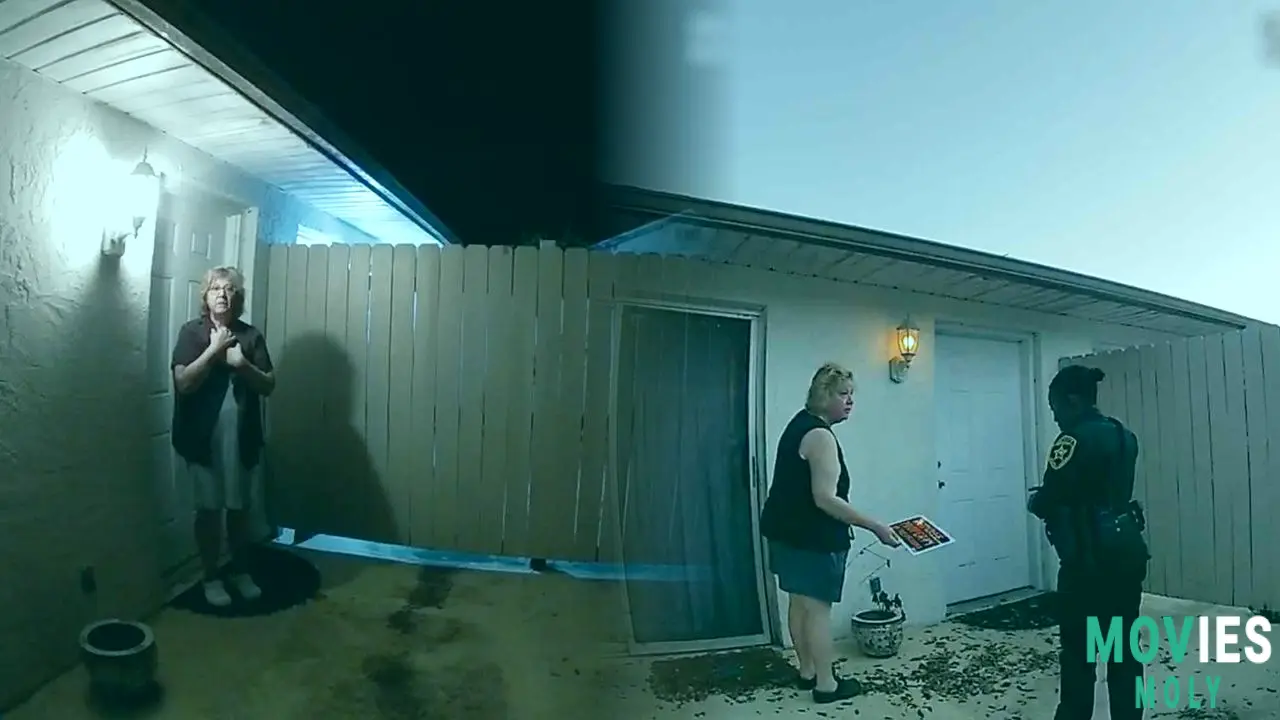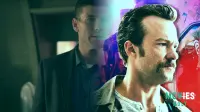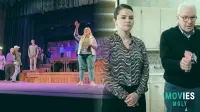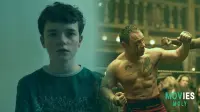Get ready for an intense look at a real-life tragedy. Geeta Gandbhir's critically acclaimed documentary, "The Perfect Neighbor," dives deep into the shocking 2023 murder of Ajike Owens, using raw footage to expose a heartbreaking community story and the unsettling issues behind it.
TL;DR: Here's the Scoop on "The Perfect Neighbor"
- "The Perfect Neighbor" explores the 2023 murder of Ajike "AJ" Owens by her neighbor Susan Lorincz in Ocala, Florida.
- Director Geeta Gandbhir crafted the film almost entirely from police bodycam footage, 911 calls, and court material, offering an intimate, unfiltered perspective.
- The documentary shines a harsh light on topics like "stand your ground" laws, racial tensions, and the effectiveness of law enforcement within a tight-knit neighborhood.
True crime fans, prepare yourselves. There's a new documentary hitting screens that promises to be as compelling as it is infuriating. "The Perfect Neighbor," directed by the brilliant Geeta Gandbhir, isn't your typical true-crime exposé. Instead, it takes a uniquely raw and visceral approach, immersing viewers in a tragic community dispute that escalated into murder, all through the unflinching lens of police bodycams and official recordings.
This film isn't just about a single incident; it's a stark examination of broader societal issues plaguing America, particularly in states like Florida. It forces us to confront uncomfortable truths about racial prejudice, the chilling implications of "stand your ground" laws, and the often-frustrating limits of our justice system. Gandbhir, known for her impactful work like the 2017 documentary "I Am Evidence" and her collaborations with Spike Lee, delivers a narrative that's both intimately personal and broadly significant.
Unpacking the Shocking Events Leading to the Murder of Ajike Owens
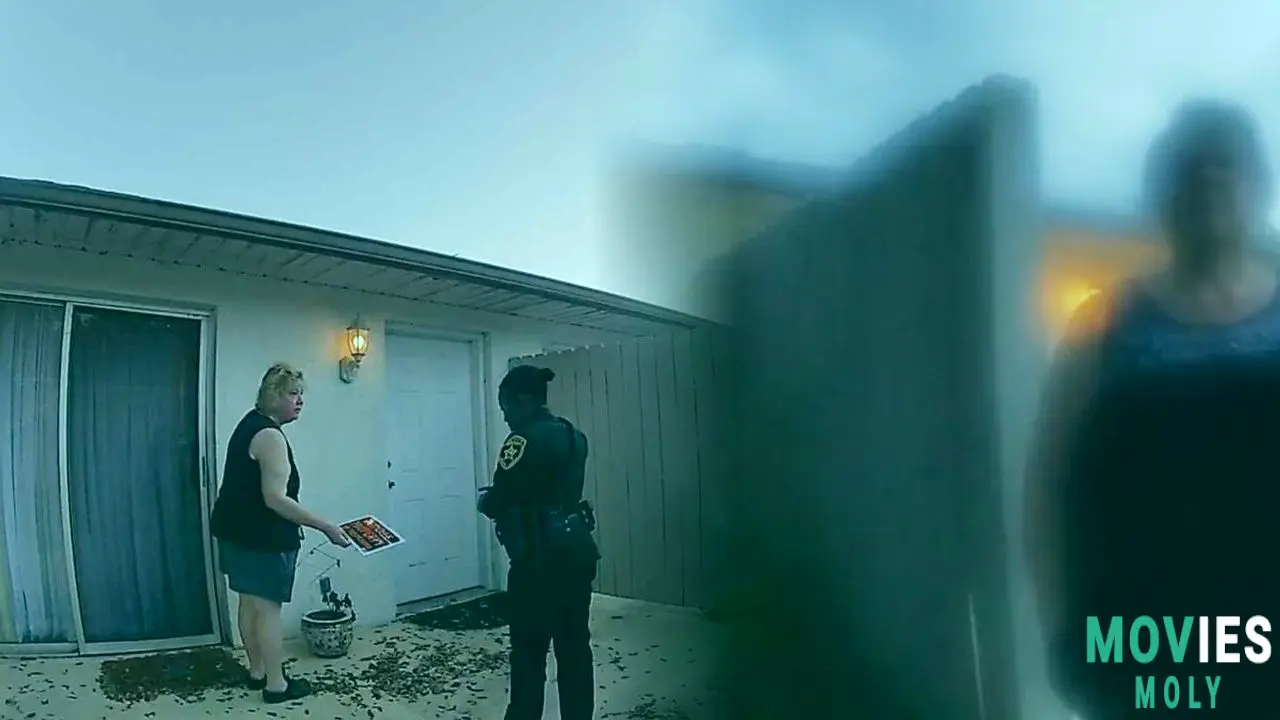
The story at the core of "The Perfect Neighbor" revolves around the devastating killing of Ajike "AJ" Owens, a Black mother of four, by her 58-year-old white neighbor, Susan Lorincz. This wasn't a sudden, isolated event, but the horrific culmination of over two years of escalating harassment and racial animosity in a low-income neighborhood in Ocala, Marion County, Florida. Imagine a community where kids should feel safe to play, where neighbors look out for each other – then imagine that peace constantly shattered by one individual's escalating aggression.
From January 2021 onwards, Susan Lorincz became a known nuisance, often referred to as a "Karen" by her neighbors, both Black and white. She made numerous 911 calls, at least half a dozen, complaining about children playing near her house. Police were routinely dispatched to the scene, often finding nothing more than kids enjoying themselves. While officers reportedly commiserated with the fed-up families and even charmed the children, they consistently backed up Owens's Black neighbors and their kids, who were the constant targets of Lorincz's ire. Yet, despite these frequent interventions, there were no significant consequences for Lorincz, allowing her unchecked grievances to fester and grow more dangerous.
The Terrifying Escalation and Unjustifiable Killing
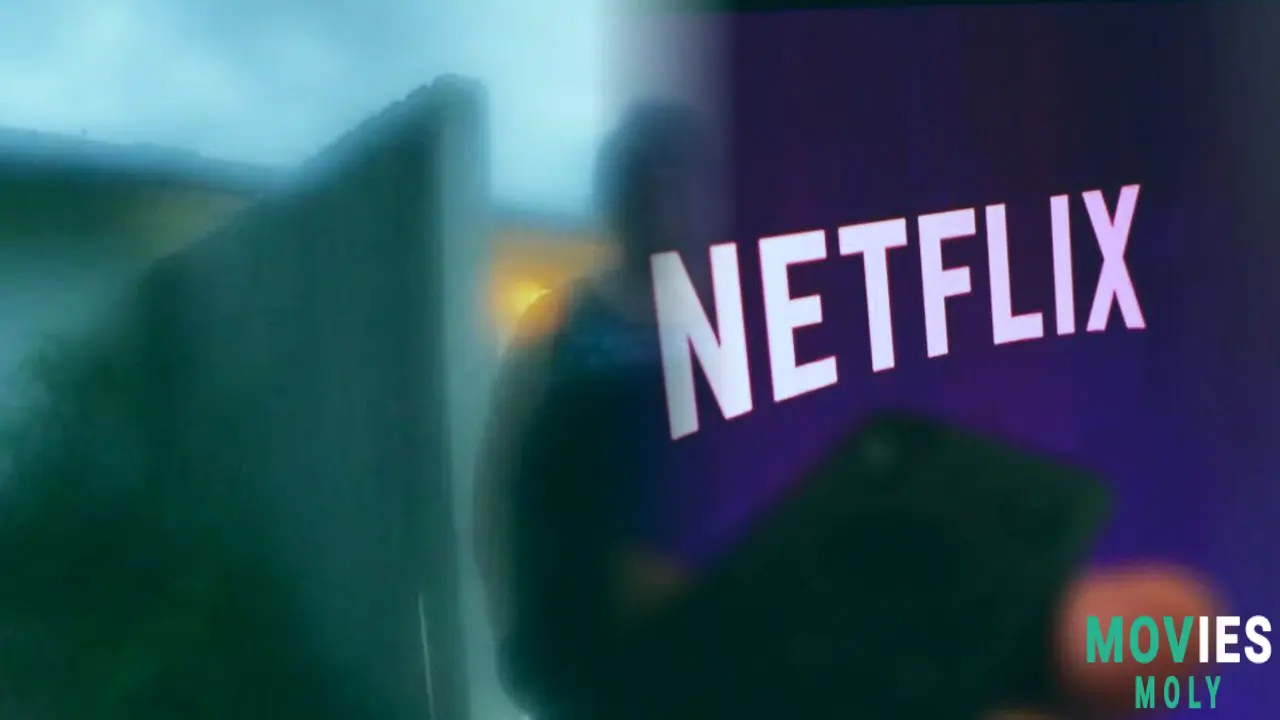
The documentary masterfully builds a sense of dread, showcasing how Lorincz's behavior grew increasingly erratic and aggressive. Neighbors alleged racist outbursts and racial slurs hurled at the children. The incidents became more physical; Lorincz reportedly threw a roller-skate at one child and swung an umbrella at another. This relentless harassment created an unbearable atmosphere for Ajike Owens and her family.
On June 2, 2023, after one such incident involving her children, Ajike Owens decided enough was enough. Accompanied by her 10-year-old son, she went to Lorincz's front door to confront her. What happened next was unthinkable. Instead of opening the door, Susan Lorincz fired a gun through her closed front door, fatally striking Owens. Deputies soon found Owens lying on the grass with a gunshot wound; she was later pronounced dead at the hospital. The raw bodycam footage capturing the immediate aftermath, including the devastating impact on Owens's children, is reportedly one of the film's most heartbreaking sequences.
"A Prime Example of When It Was Not Justified": The Fight for Justice
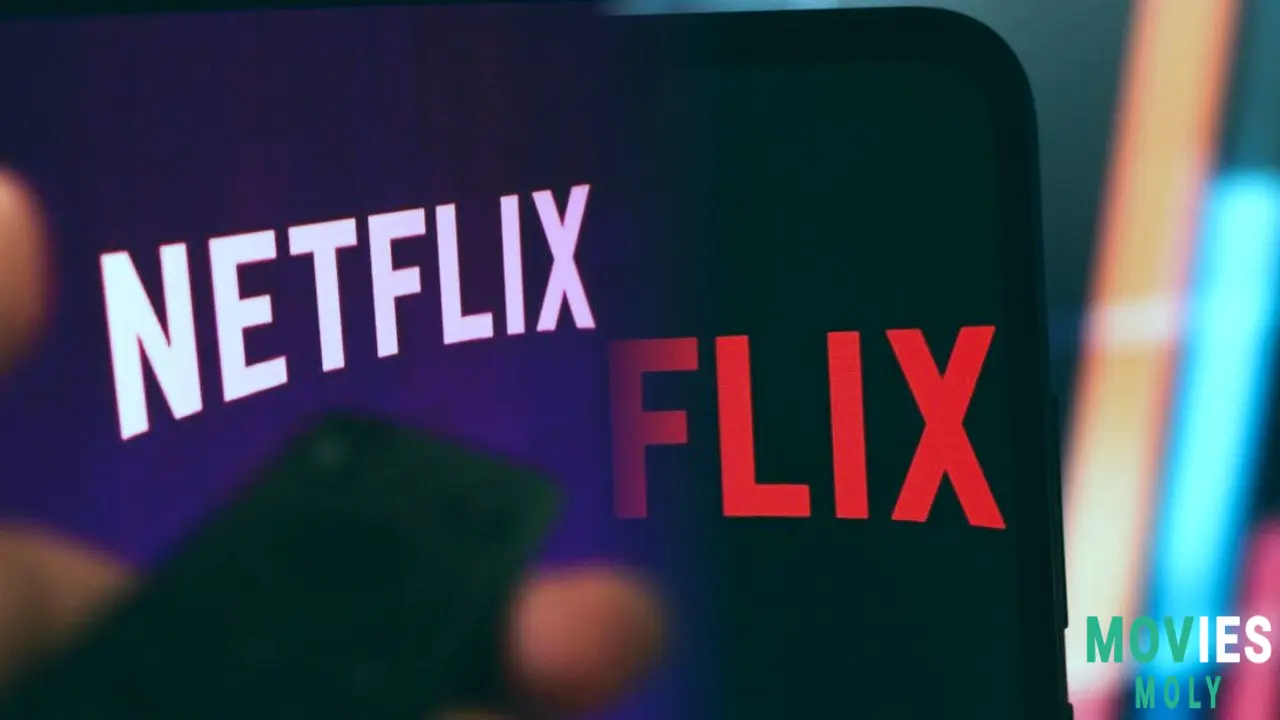
In the aftermath of the shooting, Lorincz claimed self-defense, telling authorities she had already called 911 and that Owens was trying to "break down her door." She even reportedly conducted online research into Florida's controversial "stand your ground" laws, which permit the use of deadly force if a person believes they are under genuine threat. However, Sheriff Billy Woods quickly dispelled this narrative, stating in a press conference that "This situation is a prime example of when it was not justified. It was simply a killing."
Initially, police were criticized for their slow response, merely detaining Lorincz and even offering her a hotel stay, reminiscent of the Gabby Petito case. But mounting pressure from the community and further investigation led to action. Five days after the shooting, on June 7, 2023, Lorincz was arrested and charged with several offenses, including manslaughter with a firearm, culpable negligence, battery, and two counts of assault. The case ignited national debates about the application and fairness of "stand your ground" statutes, particularly when race is a factor.
Justice, in this case, was eventually served. On August 16, 2024, Susan Lorincz was found guilty of manslaughter. In November of the same year, she received a 25-year prison sentence. She is currently serving her time at Homestead Correctional Institution in Homestead, Florida. While a conviction was achieved, the film doesn't shy away from the underlying questions of why it took so long and whether such a tragedy could have been prevented.
"This situation is a prime example of when it was not justified. It was simply a killing."
— Sheriff Billy WoodsBehind the Camera: Geeta Gandbhir's Unflinching Vision
What sets "The Perfect Neighbor" apart is its daring and deliberate directorial style. Geeta Gandbhir made the bold choice to construct the entire narrative from pre-existing footage: police bodycams, 911 audio, security tapes, and courtroom appearances. This "intensely hands-off format" means there are no talking heads, no traditional narration guiding your interpretation. Instead, you're placed directly into the events as they unfolded, tasked with assessing the situation through your "own eyes, ears and emotional intelligence."
The result is a documentary that feels both deeply intimate and shockingly objective. The fisheye lens of the bodycams captures raw, unedited moments – the casual banter of officers, the palpable fear of residents, the delusional composure of the perpetrator. This innovative approach earned Gandbhir the Directing Award at Sundance earlier this year, a testament to the film's powerful impact and its ability to transform raw, everyday footage into a compelling, albeit devastating, cinematic experience. It's designed to make you stare helplessness in the face, compelling you to confront the "quintessentially American murder" it portrays.
More Than Just a Crime Story: Broader Societal Implications
"The Perfect Neighbor" transcends the typical true-crime genre by meticulously demonstrating how a violent tragedy can be "unwittingly manifested by unchecked grievance and a law that weaponizes white fear." The documentary reveals the stark contrast between a supportive, tight-knit community and the isolation and prejudice of one individual. It highlights how even well-meaning police, who seemed to understand the true source of the neighborhood's troubles, were ultimately ineffective in preventing the tragic outcome, bound by a system that seemed to prioritize the rights of gun owners over the lives of its citizens.
The film forces us to grapple with uncomfortable questions about race, gun control, mental health, and the societal contracts we assume still exist. It's a sobering reminder that while justice was served in this particular case, the underlying issues that enabled Susan Lorincz's actions – from racial bias to permissive gun laws – continue to plague communities across the United States. It's a call to action, or at least a call for profound reflection, daring its "desensitized audience to blink" in the face of senseless suffering that happens "all the time."
Where and When You Can Watch This Powerful DocumentaryIf you're ready to experience this powerful and provocative film, you won't have to wait long. "The Perfect Neighbor" is set to have a limited theatrical release starting on Friday, October 10, 2025. For those who prefer to watch from home, the documentary will be available to stream on Netflix starting Friday, October 17, 2025.
Given its "R" rating for language and its intense, raw footage, be prepared for a tough but essential watch. It's a film that promises to stay with you long after the credits roll, sparking discussions and forcing a deeper look at the very fabric of American society.
Frequently Asked Questions About The Perfect NeighborWhen can I watch "The Perfect Neighbor" documentary?
The documentary will premiere in select cinemas starting Friday, October 10, 2025. It will then be available for streaming on Netflix from Friday, October 17, 2025.
Where is "The Perfect Neighbor" streaming?
After its limited theatrical release, "The Perfect Neighbor" will be exclusively streaming on Netflix.
What is "The Perfect Neighbor" rated and what's its runtime?
The film is rated R, primarily for language, due to the raw nature of the footage. It has a runtime of 1 hour and 37 minutes (97 minutes).
Who directed "The Perfect Neighbor" and what other work have they done?
"The Perfect Neighbor" was directed by Geeta Gandbhir, an acclaimed filmmaker known for her powerful documentaries. She also helmed "I Am Evidence" (2017) and is a frequent collaborator with director Spike Lee.

